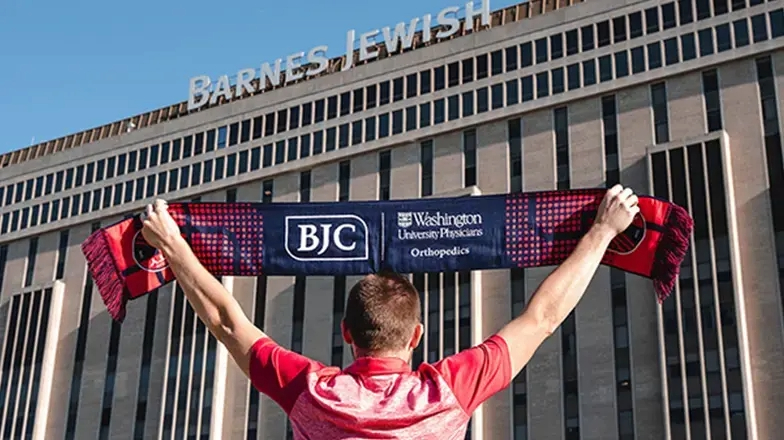BJC News & Resources
Read our latest news, stories from the community, and resources to help you and your family live your healthiest life, at every stage.

News
BJC Health Reaches Agreement with Aetna for Commercial and Medicare Advantage Plans
News
STL NPR: Construction Underway for 77-Bed Webster Groves Pediatric Mental Health Hospital
Article
Breathe Easier: Tips for Improving Your Lung Health
Patient Story
Beating the Odds: A Pastor’s Journey Through Advanced, Lifesaving Heart Care
News
BJC Health Hospitals Named Among U.S. News & World Report 2026 Best Hospitals for Maternity Care
Article